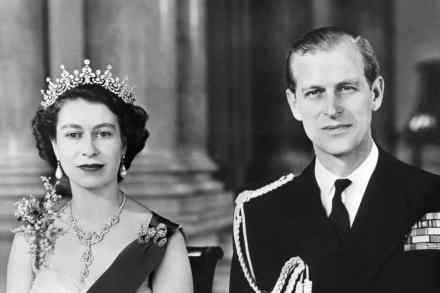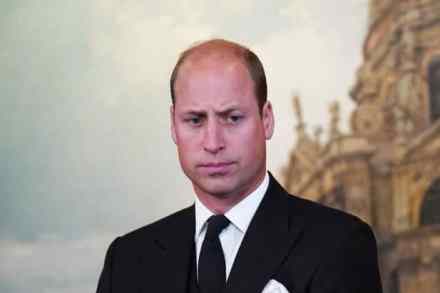The vital part Prince Philip played in the Queen’s success
The Queen has received deserved tributes from both monarchists and republicans for her extraordinary achievements in the role for which she became unexpectedly destined aged ten and later inherited at the equally unforeseen age of just 26. But she recognised more than anyone the vital part played by her husband Prince Philip, Britain’s longest-serving consort, to whom she said the country owed a debt ‘greater than he would ever claim or we shall ever know’. When the Queen came to the throne in 1952, she inherited a defined position in the country; her husband did not. Selfless, stoical, dignified, dutiful, she possessed an abundance of qualities that would make her






















